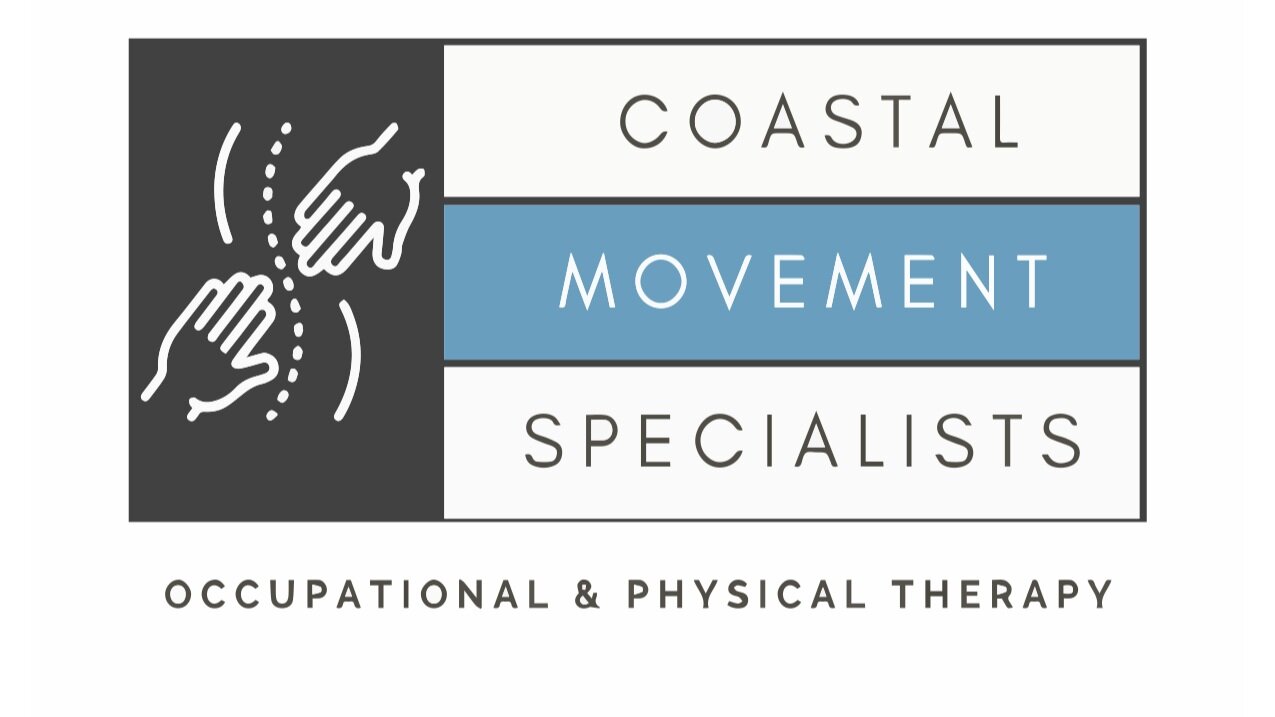Carpal Tunnel PT/OT Charleston, SC
Running through your wrist on the palm side of your hand lies a small but important passageway to your fingers. This is known as the carpal tunnel and is surrounded by bone and ligaments. The carpal tunnel protects a nerve that is important in the feeling and use of your hands. Damage to this nerve accounts for the second most common surgery performed in the United States. A significant amount of effort spent on workplace ergonomics is devoted to protecting this nerve and preventing carpal tunnel syndrome. If you are experiencing carpal tunnel syndrome, learn more about the physical and occupational therapy we offer here at Coastal Movement Specialists, and schedule an appointment today.
What is Carpal Tunnel Syndrome?
Due to the constant demands placed on people’s hands and wrists, it is common to damage one of the primary nerves to the hand. This nerve, known as the median nerve, originates in your spinal cord and travels down your arm. It moves through a small tunnel in your wrist to finish its path in your hand.
Here, it gives sensation to most of your fingers and provides strength to your thumb and index finger. A condition known as carpal tunnel syndrome develops when this nerve is compressed as it travels through your wrist.
+ Symptoms
Carpal tunnel syndrome symptoms typically develop gradually and without a particular injury. The symptoms are often first noticed when waking up in the morning due to sleeping with a bent wrist. The symptoms can then occur off and on throughout the day, and many people notice relief when shaking their hand. The symptoms can include:
- Pain or burning sensation
- Numbness or tingling
- Weakness
- Inability to grasp heavy objects
- Difficulty using a computer
- Frequently dropping things
- Sporadic shock-like sensations in fingers
+ Causes
Most cases of carpal tunnel syndrome result from a combination of factors instead of a single injurious event. The problem is usually not the median nerve itself. Instead, it is the pressure placed on the nerve and tendons in the carpal tunnel. The contributing factors can include:
- Heredity
- Repetitive hand motion
- Pregnancy
- Medical conditions such as rheumatoid arthritis, diabetes, and hypothyroidism
- Medications such as Arimidex used to treat breast cancer
- Obesity
- An injury that causes wrist swelling
+ How is Carpal Tunnel Treated?
Treatment of carpal tunnel syndrome depends on factors such as your age, overall health, past medical history, and severity of wrist and hand symptoms. Early diagnosis and treatment can alleviate your symptoms and prevent the condition from worsening. More severe cases with significant or persistent symptoms may require surgery known as carpal tunnel release.
+ How Can We Help?
Our physical and occupational therapists can help you with carpal tunnel pain to continue doing the things you enjoy. We can also help you recover more quickly from carpal tunnel release surgery. We use various treatments, including stretching, splinting, therapeutic exercises and activities, functional training, and others to alleviate your pain and restore your hands and wrist to function normally.
Schedule an Appointment
Located on Johns Island, SC, Coastal Movement Specialists serves the entire Charleston area. Contact us today to schedule an appointment with our experienced physical and occupational therapists.

